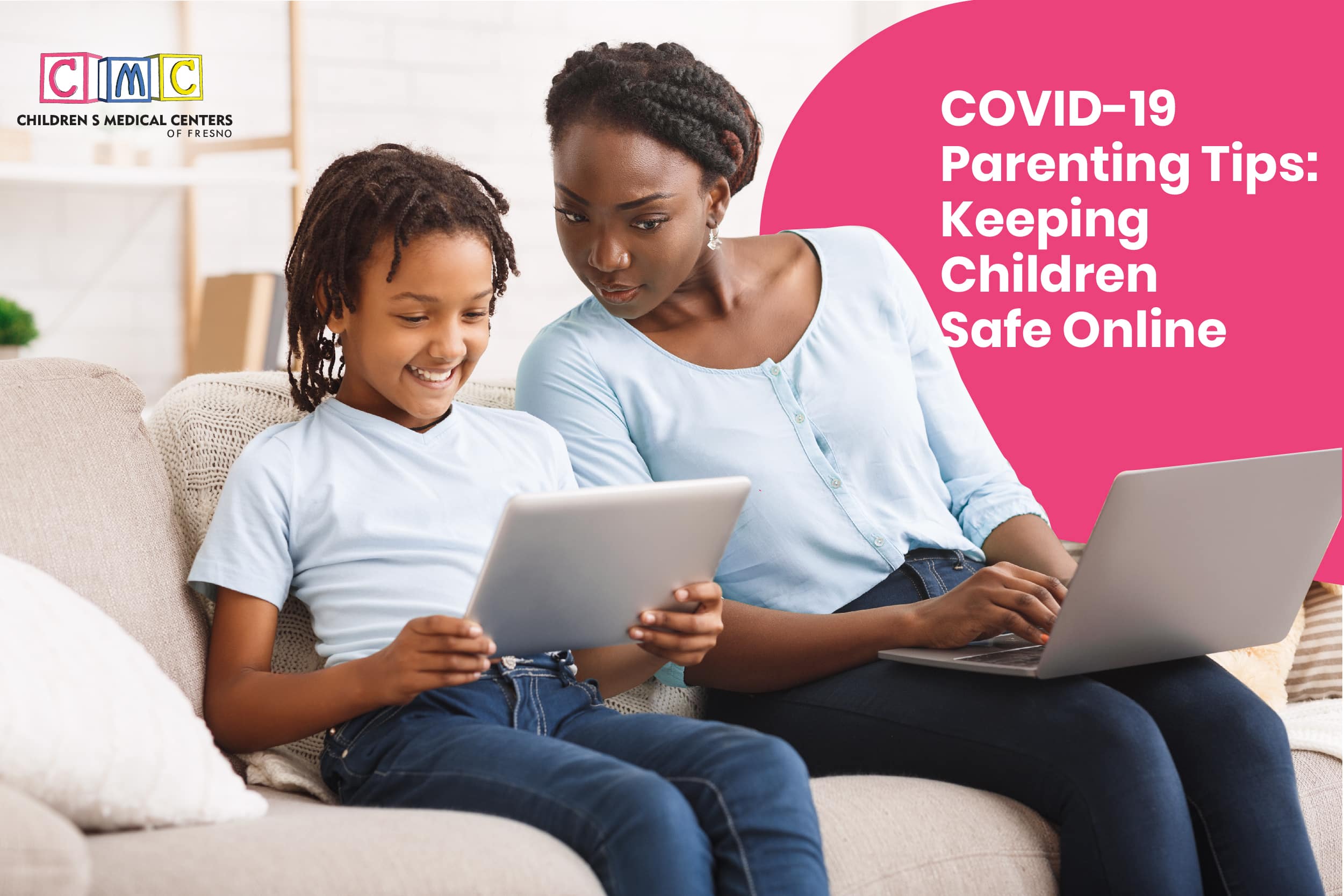The internet offers many exciting ways for children to learn, play, and stay connected, but it also poses some risks. Parents and guardians need to support and guide their children to avoid online risks and have a safer experience online. Let’s take a look at some of the biggest cyber safety concerns and how to keep kids safe online.
The Internet Can Pose a Variety of Risks to our Children
Everybody can be in danger on the internet, but kids and teens are most vulnerable. If you want to keep your kids safe online, you’ll have to understand the different types of risks. Learning about these risks can help you, and your child make the right decisions online.
Cyberbullying
Negative, false, harmful, or mean comments about another person constitute cyberbullying. Inappropriate sharing of personal or private information about another could cause someone shame or humiliation. Cyberbullying can worsen the effects of social isolation. In turn, they suffer physical and emotional damage.
Online Pornography and Explicit Content
A child can come into contact with materials that are sexual (porn), hateful, violent, or that encourage activities that could be illegal or dangerous.
Phishing and Malware
Malware is computer software installed by the victim without their knowledge and performs harmful actions on the computer. Some malware is disguised in downloadable games. Phishing is a type of risk where scammers send emails that attempt to trick recipients into clicking on links or attachments that are malicious.
Unwanted Contact and Online Grooming
Unwanted contact is any online interaction that makes your child feel uncomfortable or unsafe. It may come from a stranger, a friend online, or even someone you know. On the other hand, online grooming occurs when someone befriends a child to cause them harm or exploit them. In addition to physical abuse, grooming can involve online abuse and the exploitation of sexually explicit videos and images of the victim.
Here are 6 Ways on Keeping Kids Safe Online
Even though you have more time at home, it is still not feasible to monitor your children’s online activities 24/7. The relevance of doing these ways to keep kids safe online cannot be overstated. Here are practical tips on how to do it.
Talk to your Child
The most important thing parents can do is educate their children about safe online practices early on and build on them as they grow up. With communication, it’s vital to develop their critical thinking skills and foster their ability to make smart decisions.
As your kid learns about the risks and importance of online safety, they will be more inclined to inform you of red flags, security concerns, and other details that concern them. You can set ground rules regarding privacy settings and sites and apps that are off-limits.
Use Parental Controls to Your Advantage
Software tools and parental controls are available to keep an eye on what your child sees online. These tools will help you filter inappropriate content, limit screen time, and monitor their online activity. A few of the most popular parental control software and apps are NetNanny, Bark, Kaspersky, and Qustodio.
While these can help limit your child’s online activities, there is no replacement for active parental involvement and supervision. The best thing to do is to teach them about the importance of online safety.
Place the Computer in a Common Area of the House
It’s easier to keep track of whom your child interacts with and what websites they visit when the computer is in a communal area. If possible, you can also set a similar policy for other devices, such as tables, smart TVs, phones, and gaming consoles. When it comes to teens, you may want to give them more freedom, but you must make sure that they know how essential it is to stay safe online.
Limit Screen Time and Encourage Offline Activities
In this time of the pandemic, it is more vital than ever for parents to teach their kids the value of maintaining a healthy, balanced lifestyle through routines and other non-internet activities. Plan offline activities that allow your family to relax and communicate. Play board games, go for walks outdoors, and watch movies. You need to know which children’s activities spark their interest and make time for them.
Play and Watch with your Child Online
Go beyond dialogue and oversight. Spend some time playing or surfing online with your kids to get a better sense of what they’re doing and why they enjoy an app or game.
Furthermore, it’s an excellent chance to strengthen your bond and gain your kid’s trust to create an open and honest line of communication.
Take Every Opportunity to Learn About the Internet
Review apps, games apps, websites, and social media platforms. Be sure they are age-appropriate and set limits on online chat functions and location-sharing features. You can also opt to use kid-friendly search engines like KidRex.org or Kidtopia.
Make the Internet a Safe Environment for Your Child
In light of unprecedented changes brought by COVID-19, it’s best to turn our fears and challenges into learning opportunities. With more time spent at home, it is the perfect time to establish ways to keep our children safe online. Let’s face it, the internet is here to stay, and by using the tips and tools provided in this article, you can make the internet a safer and less troubling place for them. However, keep in mind that you should balance it with respect and freedom to keep your child from some rebellious or secretive behavior.
Check in with your child for signs of distress or behavior that are out of the ordinary. If you notice any changes in your kid’s behavior that worry you, or if you are unable to handle them, seek professional help. CMCFresno provides quality healthcare and support to children of the Central Valley. If you wish to schedule, please call us at (559) 455-1500 or book your appointment conveniently online.
Related Posts:



